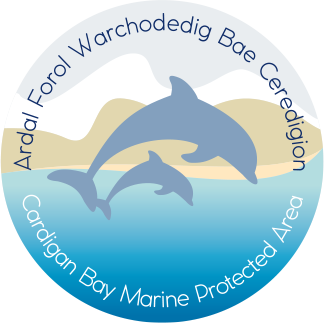Stranded Animals
Please keep 50 metres away from seal pups or stranded marine mammals on the shore.
If a seal pup is alone on a beach, it is not usually not abandoned, this is part of their normal behaviour. Do not attempt to move it.
Its mother is usually nearby in the water, keep away so that she can return to her pup when she needs to.
Seal pups should never be chased into the sea – they are poor swimmers and need to spend their time resting and growing.
Watch it from a distance. Do not approach the animal.
After stormy weather and high tides, it is usual for seals to come out onto beaches to rest. Many do not need first aid. It is important to avoid disturbance by people and dogs.
However if you are concerned about the welfare of a seal because you believe that the animal is sick or injured please call the RSPCA on 0300 1234 999 or the BDMLR on 01825 765546.
Do not attempt to move or intervene with the animal yourself.
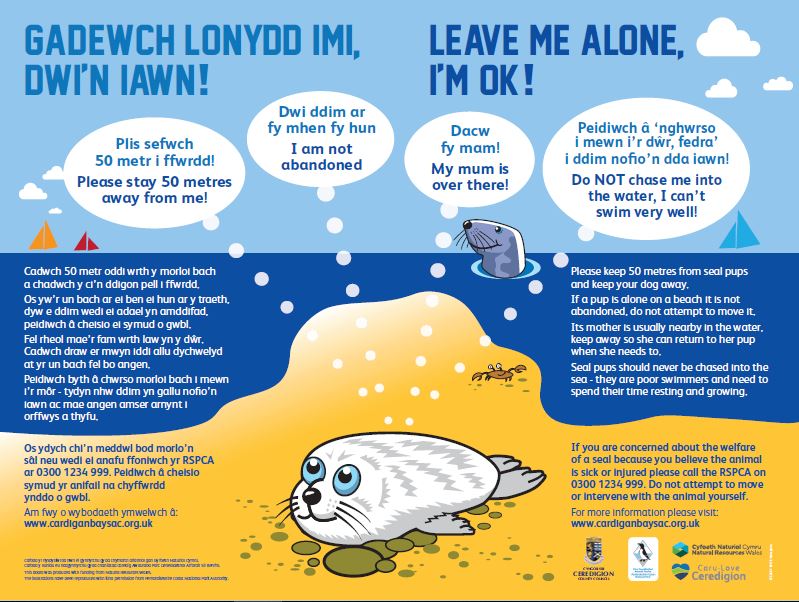
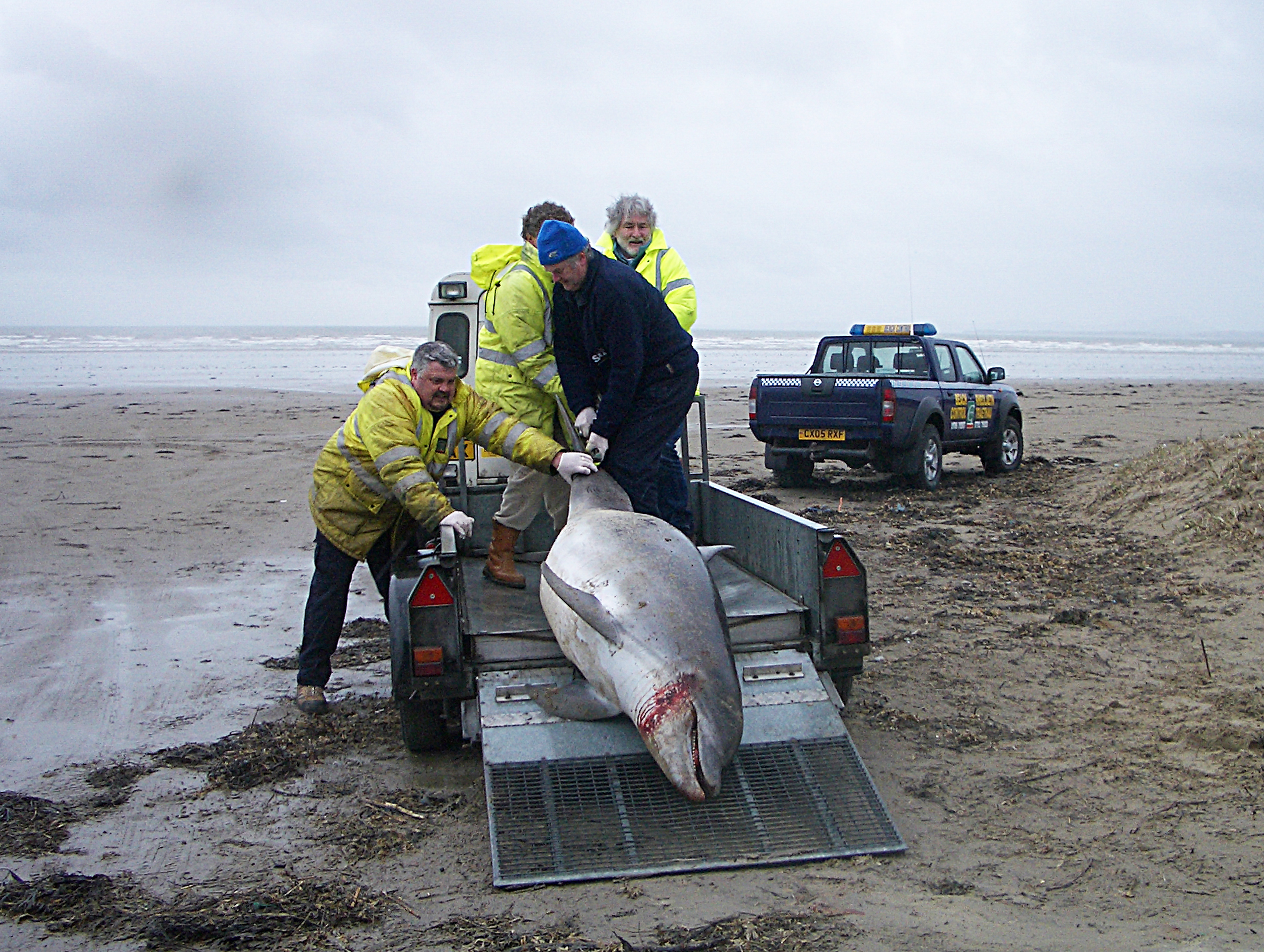
(Above) Bottlenose dolphin being removed for autopsy investigation. Photograph by Lin Gander, Cetacean Strandings Investigation Programme (CSIP).
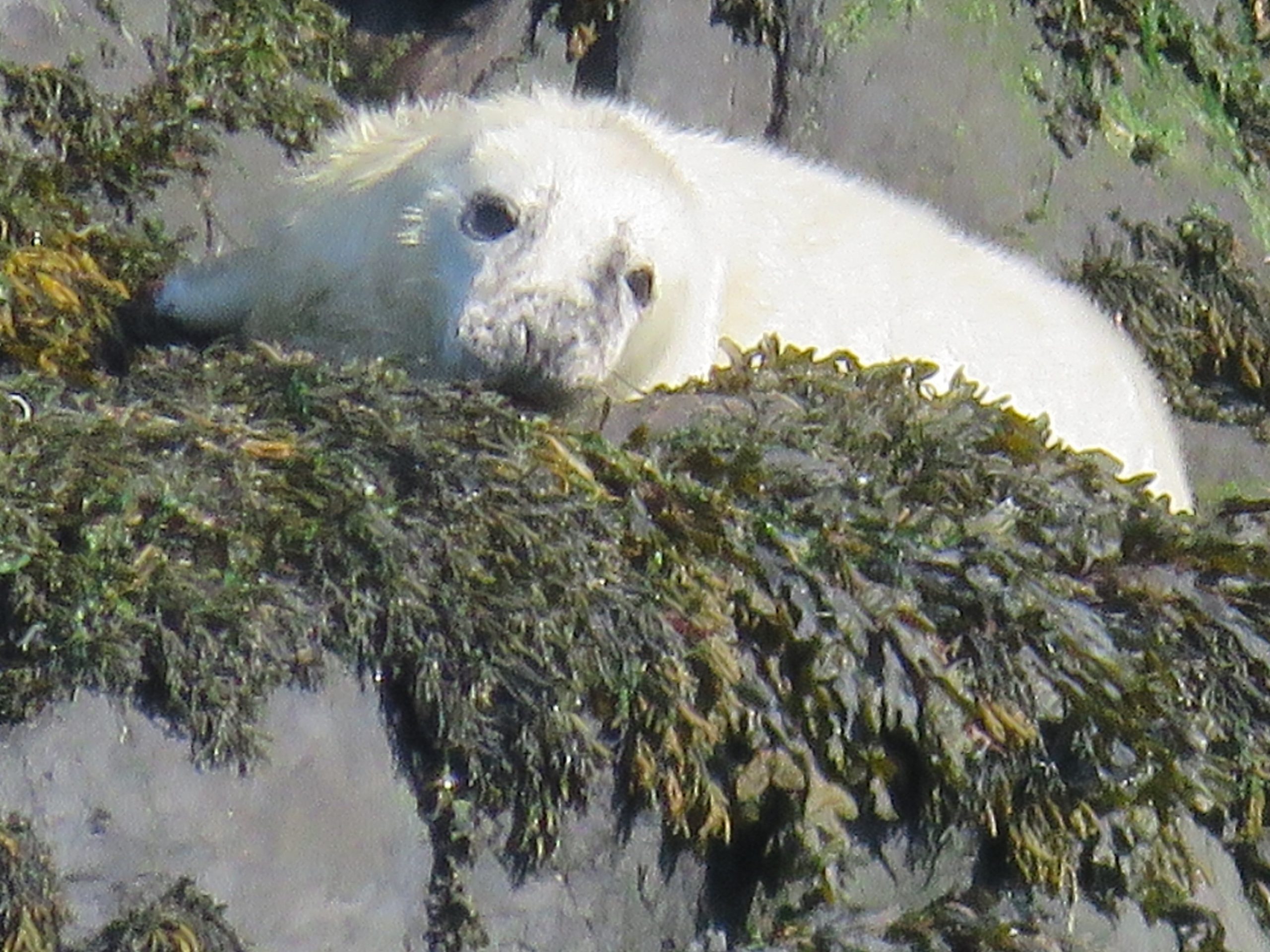
(Above) Seal pup, Ceredigion coast, Photograph by David Horsley.
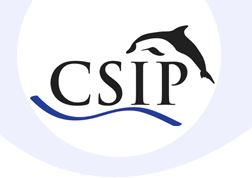
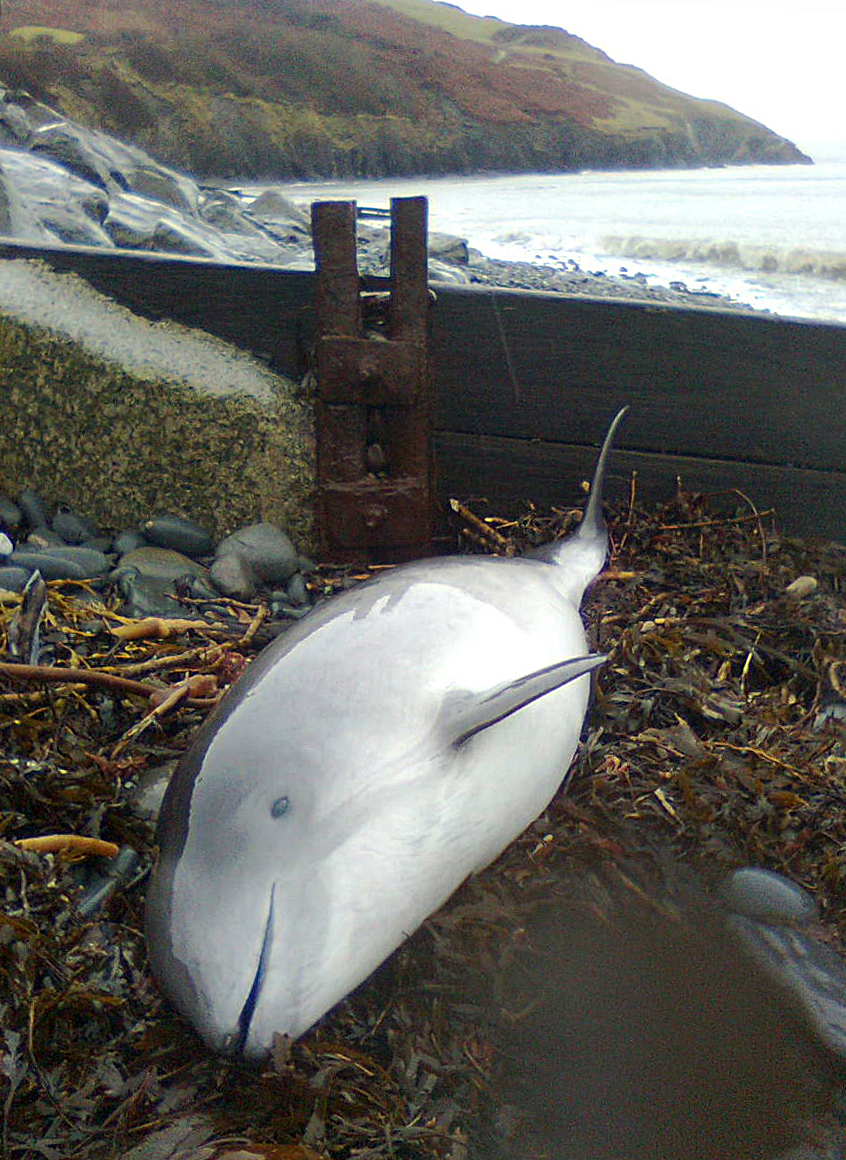
(Above) Dead stranded harbour porposie, Aberaeron. Photograph by Rod Penrose, Cetacean Strandings Investigation Programme (CSIP).
Signs that something may be wrong are;
Abandoned – a seal pup alone on a beach that you have observed from a distance and it’s mum has not been seen out in the water or coming ashore to feed it for at least 6 – 8 hours.
Thin – visible ribs, hips and neck and baggy, wrinkled skin can be signs of malnutrition
Trauma – visible signs of injury, cuts or swellings, or entanglement
Sick – signs of ill health include coughing, sneezing or noisy, rapid breathing, thick mucus coming from the nose, cloudy or mucus covered eyes, one eye kept closed most of the time;
Lethargy – a seal showing little response to any disturbance going on around it (although remember they could be sleeping).
If you find a live whale, dolphin or porpoise:
These animals do not beach themselves under normal circumstances, and they will require assistance.
Please call the RSPCA immediately on 0300 1234 999 or the British Divers Marine Life Rescue on 01825 765546 or 07787 433412.
Important things you can do to help are:
Support the animal in an upright position and dig trenches under the pectoral fins
Cover the animal with wet sheets or towels (even seaweed) and keep it moist by spraying or dousing with water
Do NOT cover, or let any water pass down the blowhole (nostril), situated on top of the animal’s head. This will cause the animal great distress and could kill it.
It is fine to support a smaller dolphin or porpoise in the water, as long as the blowhole is kept above the water at all times, and as long as it is carried to the water carefully, e.g. in a tarpaulin (do NOT drag it or lift it by its fins or tail).
Under no circumstances release the animal into the sea before the rescue team has arrived.
If you find a dead stranded animal please contact Rod Penrose at the Cetacean Strandings Investigation team on 0800 6520333.
More information on the Cetacean Strandings Investigation Programme (CSIP) can be found at :
http://ukstrandings.org/
To download a Strandings leaflet, please click on the link below:
